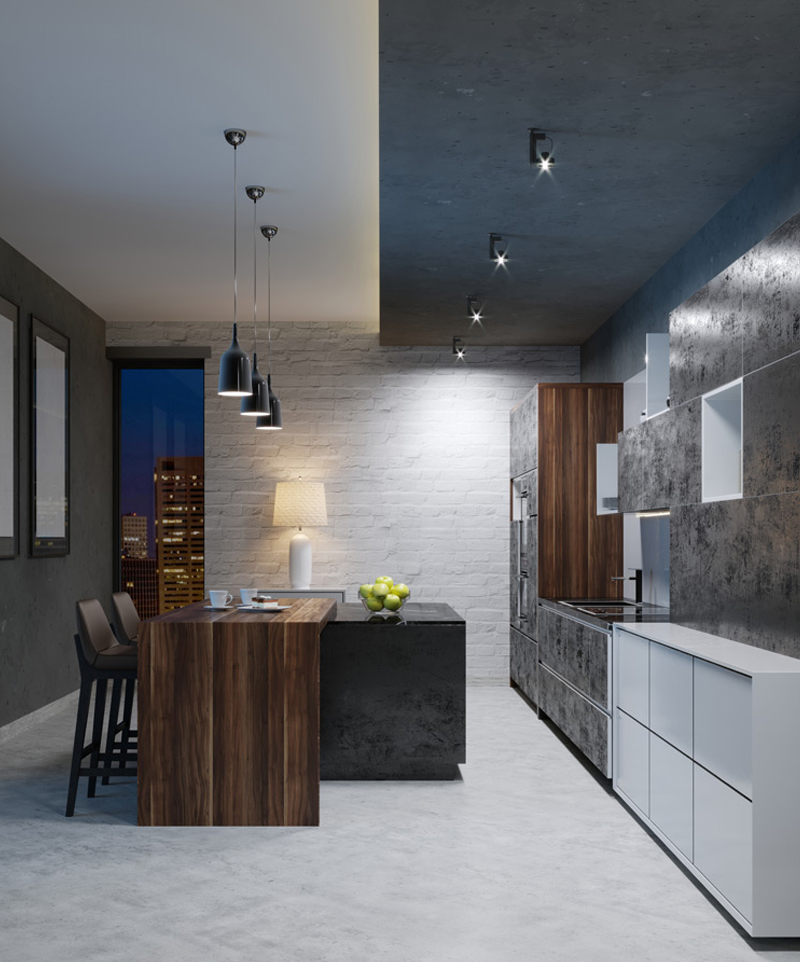Interior Design and Fitout in Dubai 2025: Transforming Spaces with Innovation and Sustainability
Posted on: February 2025

Introduction
Dubai continues to be a global leader in architectural and interior design innovation, pushing the boundaries of creativity, luxury, and sustainability in 2025. As the city evolves, interior design and fitout trends reflect a sophisticated blend of technological advancement, cultural heritage, and environmental consciousness.
Key Trends Shaping Dubai's Interior Design Landscape in 2025
1. Sustainability: More Than Just a Buzzword
In 2025, sustainability has become the cornerstone of interior design in Dubai. Recent studies show that:
– 72% of luxury homeowners prioritize sustainable design elements
– Designers are increasingly using locally sourced, eco-friendly materials
– Renewable energy integration is now standard in high-end fitouts
Sustainable Design Strategies:
- Use of recycled and locally sourced materials
- Energy-efficient lighting and smart home technologies
- Biophilic design incorporating native desert plants
- Thermal-efficient materials that reduce cooling requirements
2. Multi-Functional Spaces: Adapting to Modern Lifestyles
The post-pandemic world has permanently transformed how we perceive living and working spaces. In Dubai, this means:
- 68% of interior designers are creating flexible, multi-purpose areas
- Home offices that seamlessly blend with living spaces
- Modular furniture that can be easily reconfigured
- Smart storage solutions that maximize space efficiency
4. Cultural Fusion and Local Inspiration
Dubai’s reputation for technological innovation extends deeply into interior design:
- AI-powered home management systems
- Augmented reality (AR) design consultations
- Smart glass and adaptive lighting technologies
- Touchless home control interfaces




